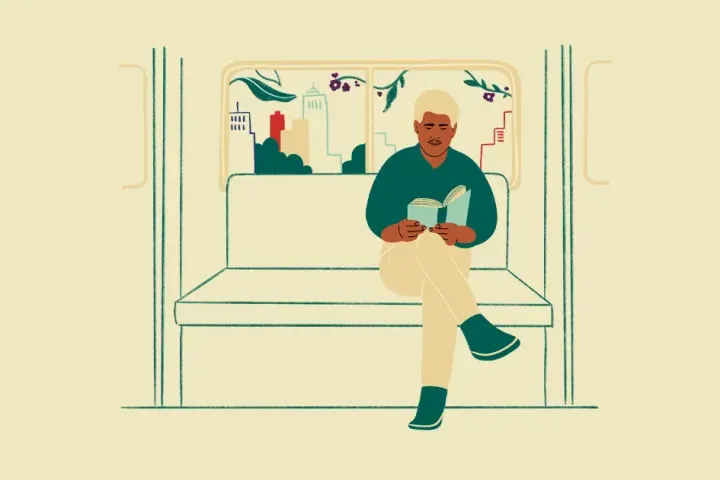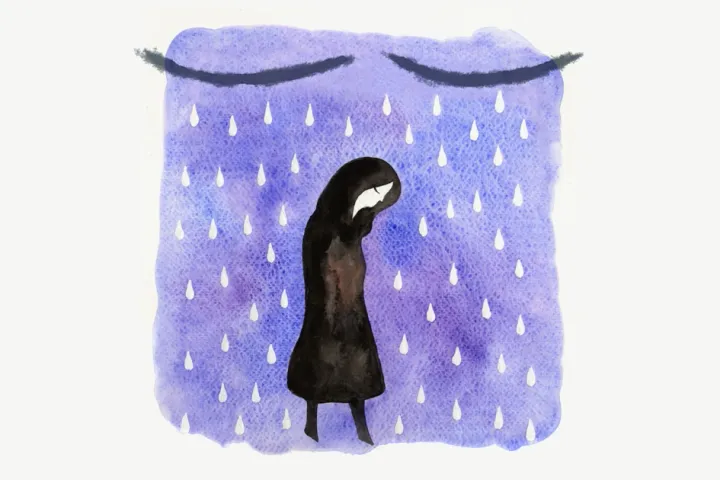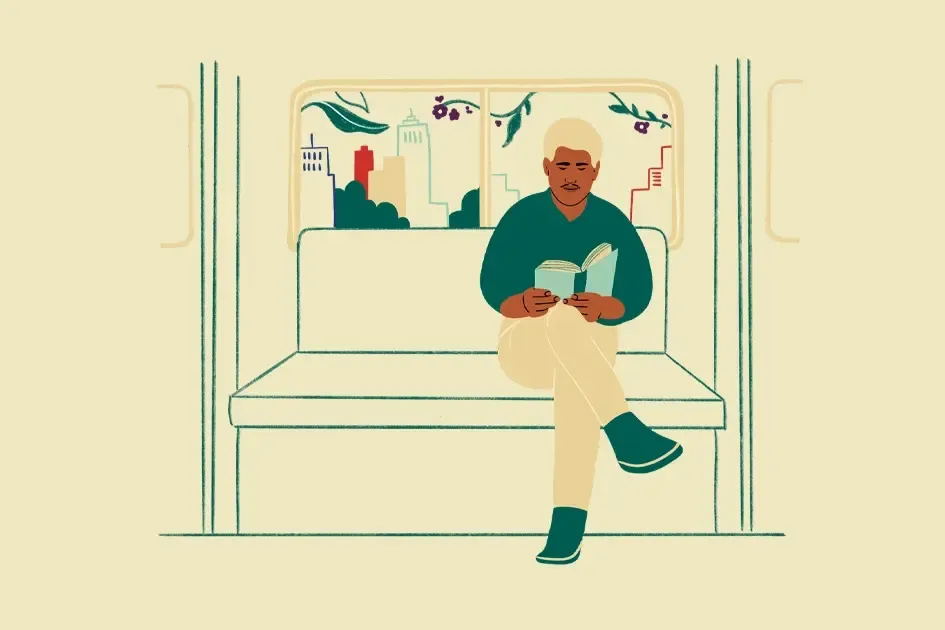When I was a child, I dreamed of being a writer. A famous, rich writer. It started when I picked up C. S. Lewis’s The Lion, the Witch and the Wardrobe at a school book fair. I dreamed about Narnia (and later, Middle-earth), constructing my own pastiche of these imaginary worlds, until a semester-long school extension program invited me to write my own novel. I remember bits and pieces of it now—I cobbled together Tolkien and Lewis, adding a little Transformers for good measure. World-building, I believed, suited me.

Until it didn’t. The more I tried to write, the less interested I became in what I was writing. And as I got older, my created worlds shrank when I compared them to my widening perspective. One day, I stopped writing altogether. I let that aspiration die, mourning its passing and looking for something to replace it.
Over the next few years, I bounced from replacement to replacement—missions, teaching, academic scholarship—until I realized I had been going through the motions, performing CPR on a long-dead dream.
All my dreams die, I told myself later, giving in to angry tears. Will I ever see any of them come true? Alexander the Great wept because he had no more worlds to conquer; I grieved because it seemed I would never conquer any. What happened, and why had all my grand plans been derailed?
Dreams can be a gift from God, a glimpse of what He plans for us, our lives, and our world. Sometimes, though, they grow from the soil of our own untrustworthy hearts. To tell the difference, we have to ask ourselves hard questions, and we need the courage to answer truthfully. A good place to begin is with a question I saw posted in a friend’s office: “What’s your motive?” In other words, who gets the glory if your dream comes true? My own dream of writing had less to do with honoring God than with gaining honor—and wealth—for myself. And God doesn’t share glory.
We should also ask how our dream fits with the gospel—the story God began in the garden, continued in Jesus’ life and death, and is still telling in and through His people. We aren’t to pursue evil for good ends, and we dare not pursue good in ways that undermine God’s truth. In my case, while teaching is a noble profession and one I feel blessed to pursue today, I caught myself seeing students as objects, means to an end. That runs counter to what God’s Word says about human beings, made in His image and for His glory.
My own dream of writing had less to do with honoring God than with gaining honor—and wealth—for myself. And God doesn’t share glory.
Asking good questions can help us discern whether we should pursue a dream. But what if, even with questions asked and faithfully answered, we cannot realize our vision? Despite our best intentions and efforts, sometimes even the finest dreams fall apart. When they do, it has a tangible effect on those same untrustworthy hearts that longed for the unreachable. “Hope deferred makes the heart sick,” Solomon wrote (Proverbs 13:12). The poet Langston Hughes paints a more vivid picture, suggesting that a “dream deferred” might just explode, and “if dreams die / Life is a broken-winged bird / That cannot fly.” So what are we to do when God’s answer to our heart’s desire seems to be “no”?
Most importantly, we do not lose hope. Broken dreams can be God’s gift, too, in particular for their ability to open our eyes. When I considered my own imaginings, I faced a painful truth: My dreams had become idols. Each time one shattered, its fragments spread like so much detritus on the floor of my life. But rather than tend to that mess, I simply shifted my focus to something new. Instead, we should learn to see past our dreams to the One who gives them.
My eyes opened, too, to the unexpected ways my dreams were fulfilled. After all, I have been writing and publishing for years, albeit not the great American (best-selling) novel. I never got to be a missionary, but my love for missions has led me to participate in and lead short-term trips, support those in the field, and develop a global perspective. And while I never earned a Ph.D. or became a respected professor, I am headmaster of a classical Christian school, cultivating future scholars and worshippers who will love the Lord their God with all their mind.
In other words, a godly perspective sometimes reveals that a dream deferred is not cause for sorrow. The future exists in a murky haze, around the corner from our limited vision. It is only human to ponder what we may find or make there, but our imaginings can take on a life of their own, supplanting the God who gives us hope to fuel those dreams. And when they do, we need them to die so that we’re able to see clearly all God has given us.
Photograph by Ryan Hayslip





